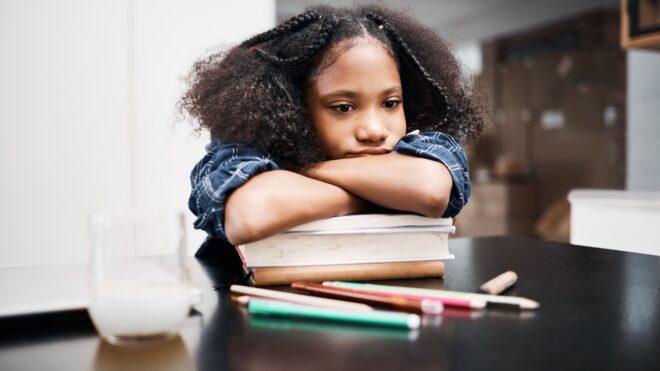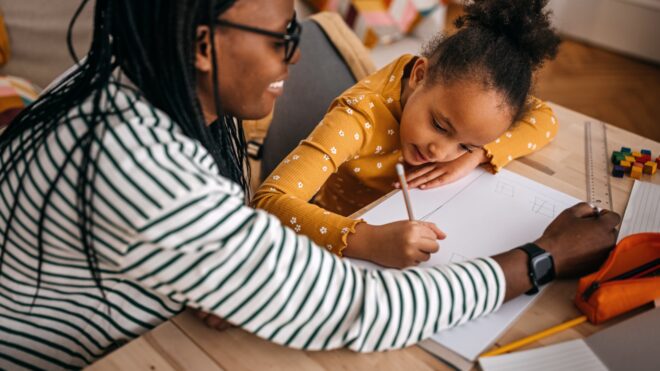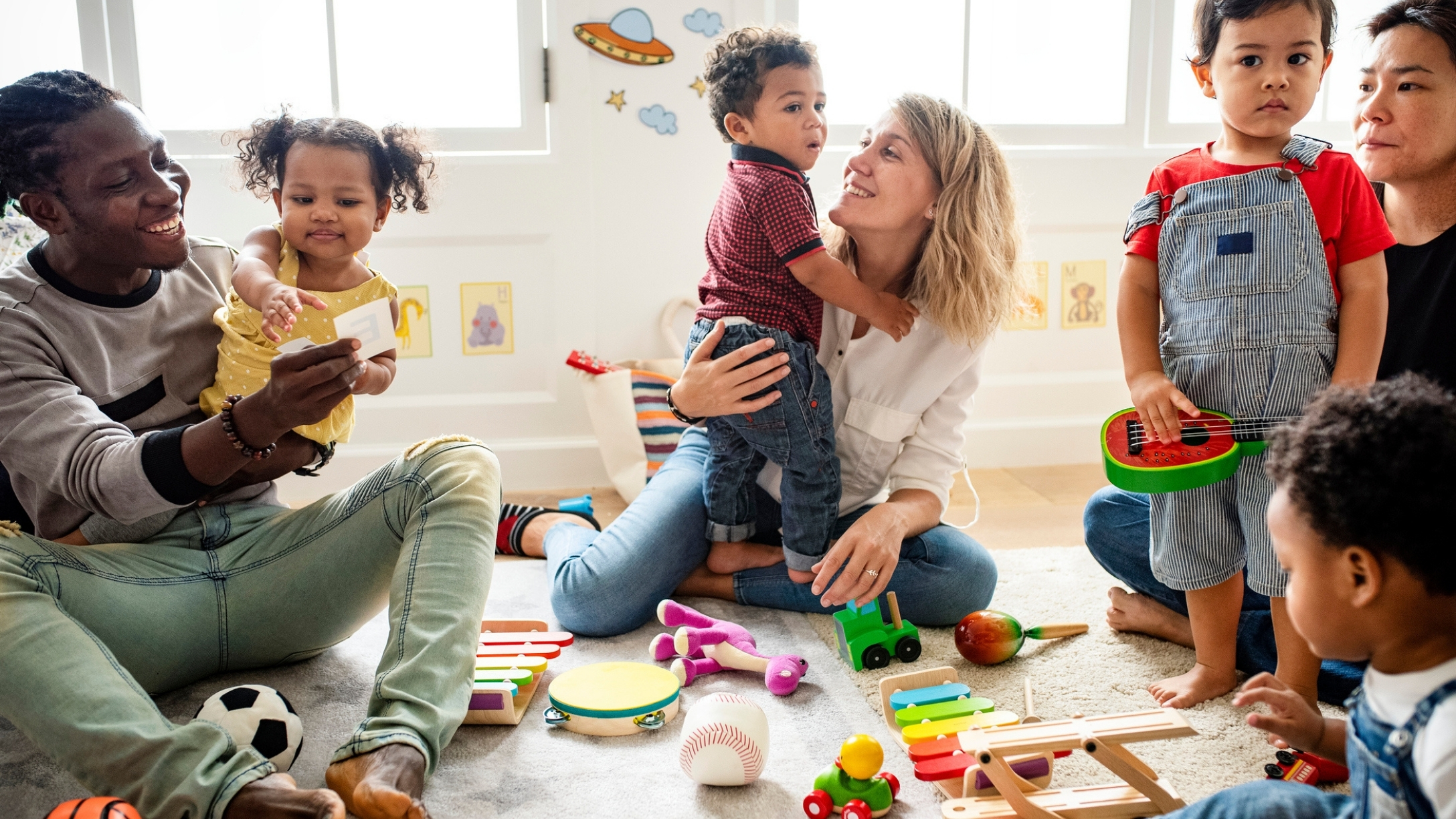
Playing is such a major part of childhood that it's often overlooked or taken for granted. Kids find ways to entertain themselves now, with more things at their disposal than the generations before them.
As kids' worlds expand, however, opportunities for play may shrink. Truthfully, even parents grow tired of the same old games and may pull away from play. Those precious moments of play are so important to both parents and kids, however, and we should be embracing them rather than avoiding them.
Believe it or not, there's a world of benefits you can reap from parent-child play. It's important in a lot of different social and emotional areas in your life and your child's. These facts will have you thinking about play in a whole new light.
Time spent playing is time spent building skills.
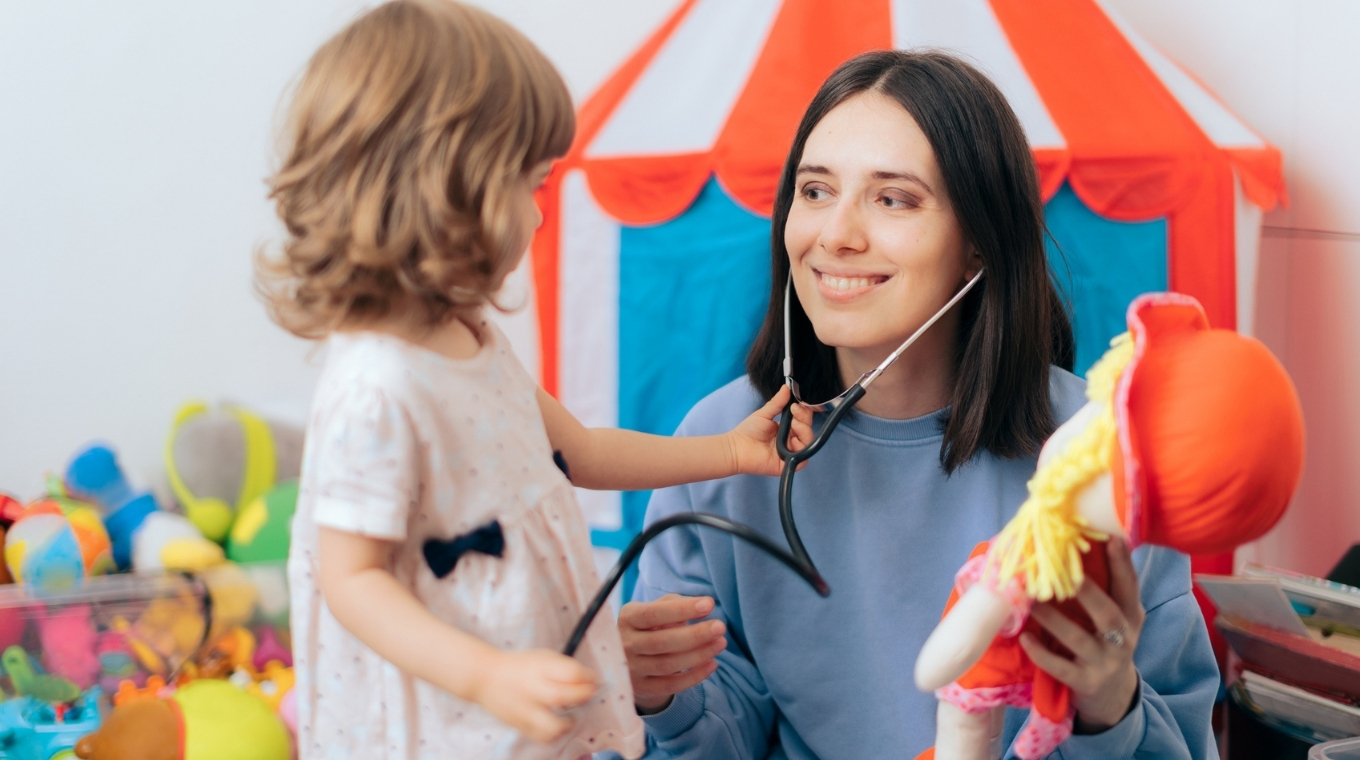
Playtime helps kids develop all kinds of skills. When they're younger, it helps them develop gross motor skills, flex their creativity, and more. As they get older, emotional regulation and social interaction dynamics come into play.
Play helps kids and parents keep physically healthy.

We've seen countless studies in recent years linking play and physical health, especially in the fight against childhood obesity. But play is also important for keeping parents healthy. Whenever parents engage in affectionate play with kids of any age, the hormone oxytocin is released.
Play is an important emotional outlet.
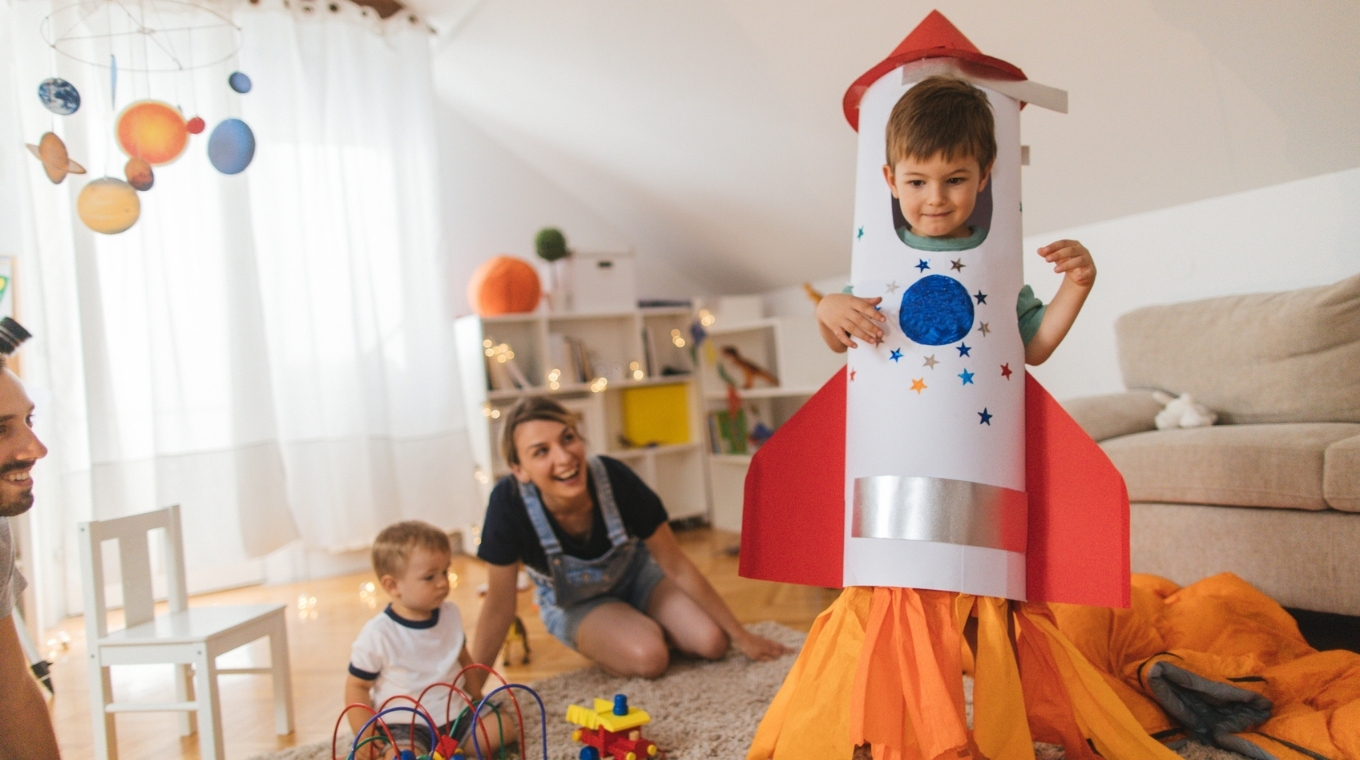
Play helps kids work through complicated feelings of stress and anxiety before they have the capacity to share those feelings with others. It also proves to be a positive way of coping as they grow older. When parents engage in play, they don't always realize that they're also using it as an outlet for the stress and anxiety they carry through their day-to-day lives.
Play allows you to build your relationship.

Every time you play with your child, you are building memories and developing your relationship. It deepens the bonds between parent and child and can even help heal old wounds and traumas present in more complicated parent-child relationships.
Play can improve literacy.

Play is a big help when it comes to developing children's language and communication skills. Through play, kids learn one of the most important lessons of language. They learn abstract representation, the idea that an object can represent something else. As they get older, literacy is incorporated into play in lists, notes, characters, and more.
Play can help lower risk of behavior issues.

Parents and children playing, particularly in the outdoors, can have benefits that carry over to areas where it really matters.
“Studies show that when kids don't have the opportunity to play outside in nature, they are at higher risk for attention problems and behavior problems,” Dr. Tiff Jumaily, a pediatrician at Integrative Pediatrics and Medicine in Studio City, California, told Healthline.
"Without proper play, kids do not have the chance to stretch their imagination and build the skills they need to succeed in the workplace and in their life. A lack of play can also stunt an individual's social and emotional development."
Play can help develop a sense of independence.
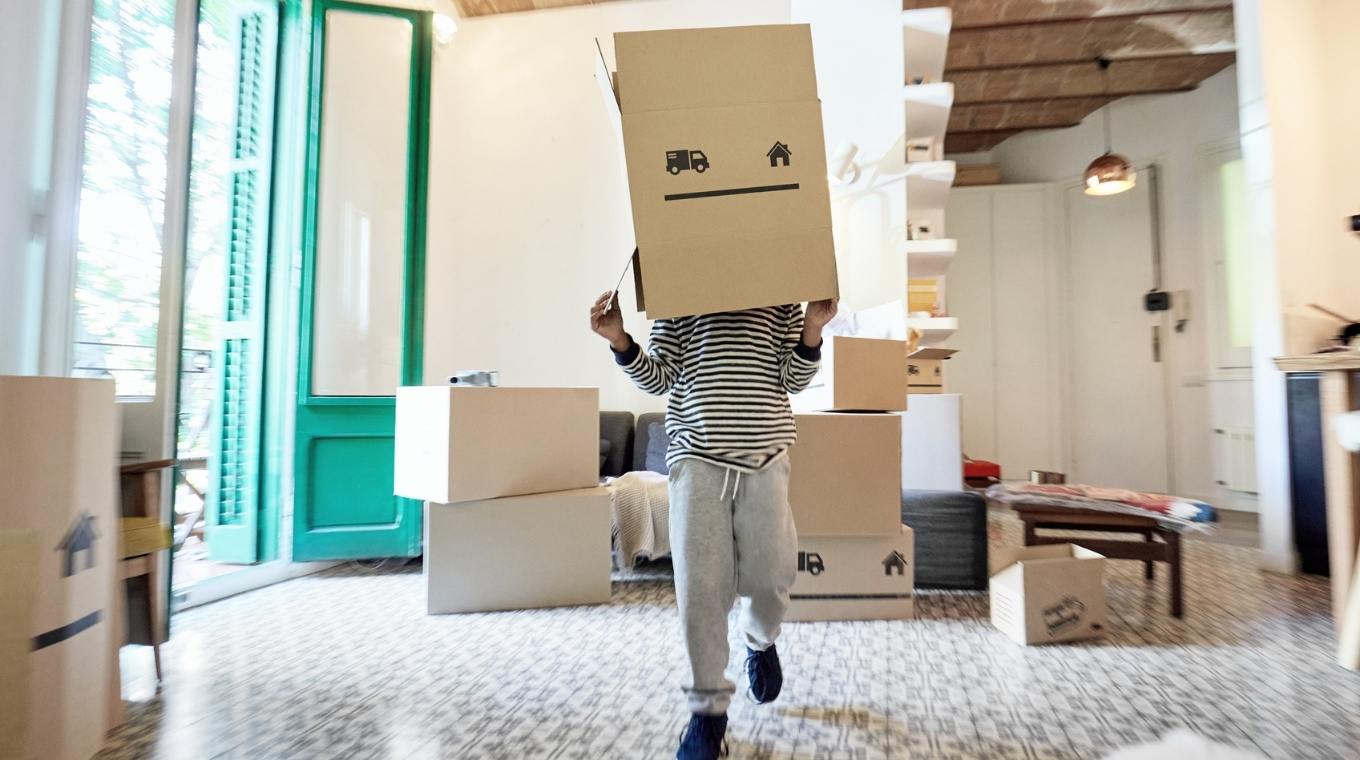
Kids don't have a lot of opportunities to call the shots, so the times when they can are important. Through play, children get comfortable interacting with the world around them, making their own choices and experiencing their consequences, allowing them to build confidence in their abilities.
Play helps develop problem-solving abilities.
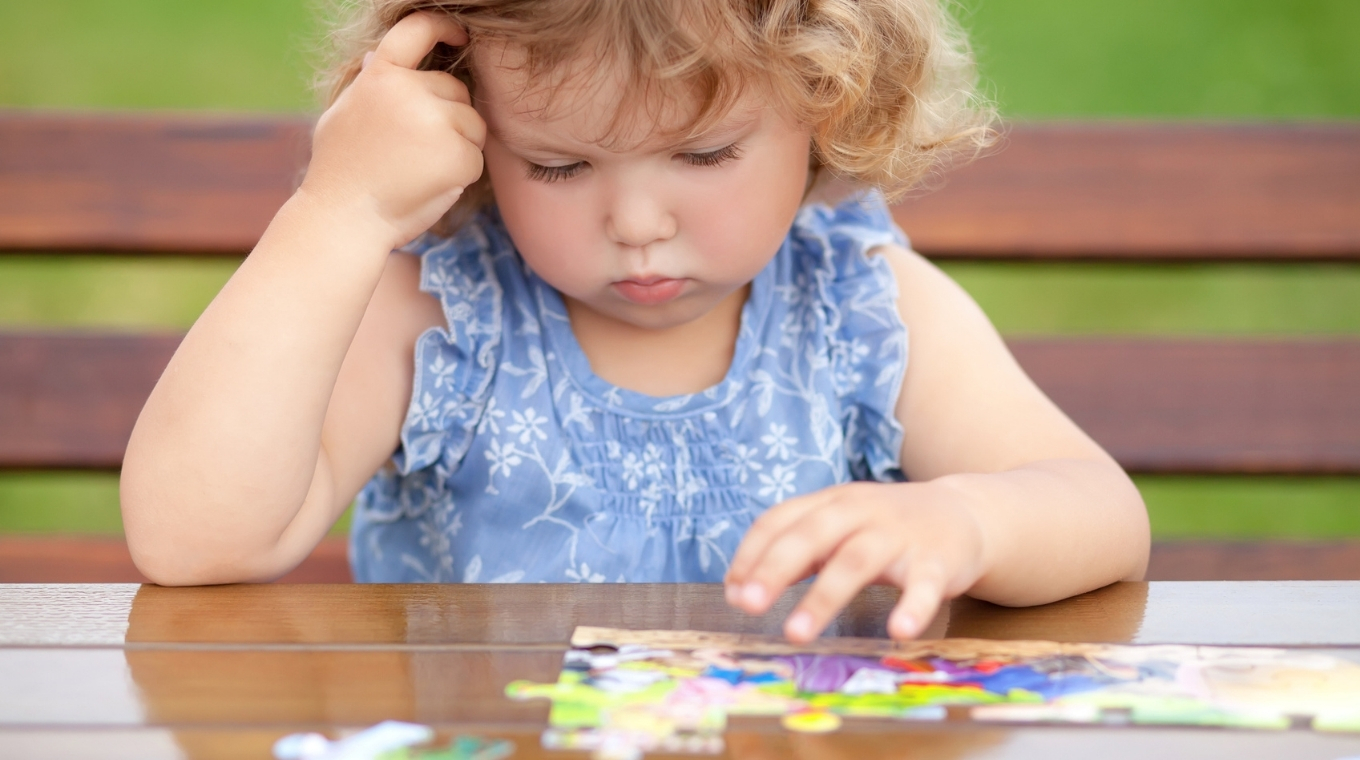
Play helps kids develop problem-solving skills because, especially in imaginary play, they can play through different possibilities. We do a different version of this as adults, but the opportunity to rehearse and practice social skills while engaging in abstract thinking is just as beneficial.


